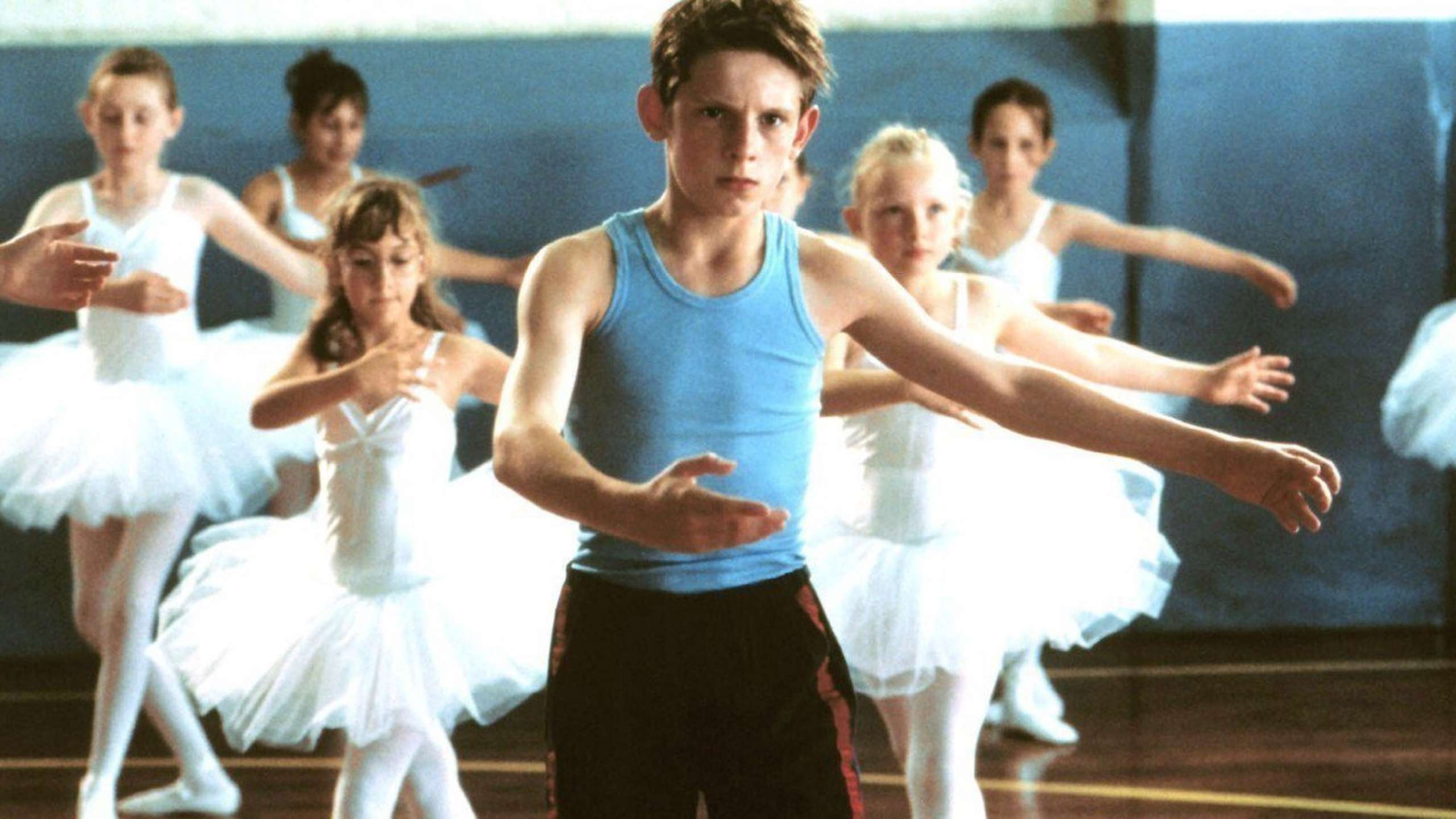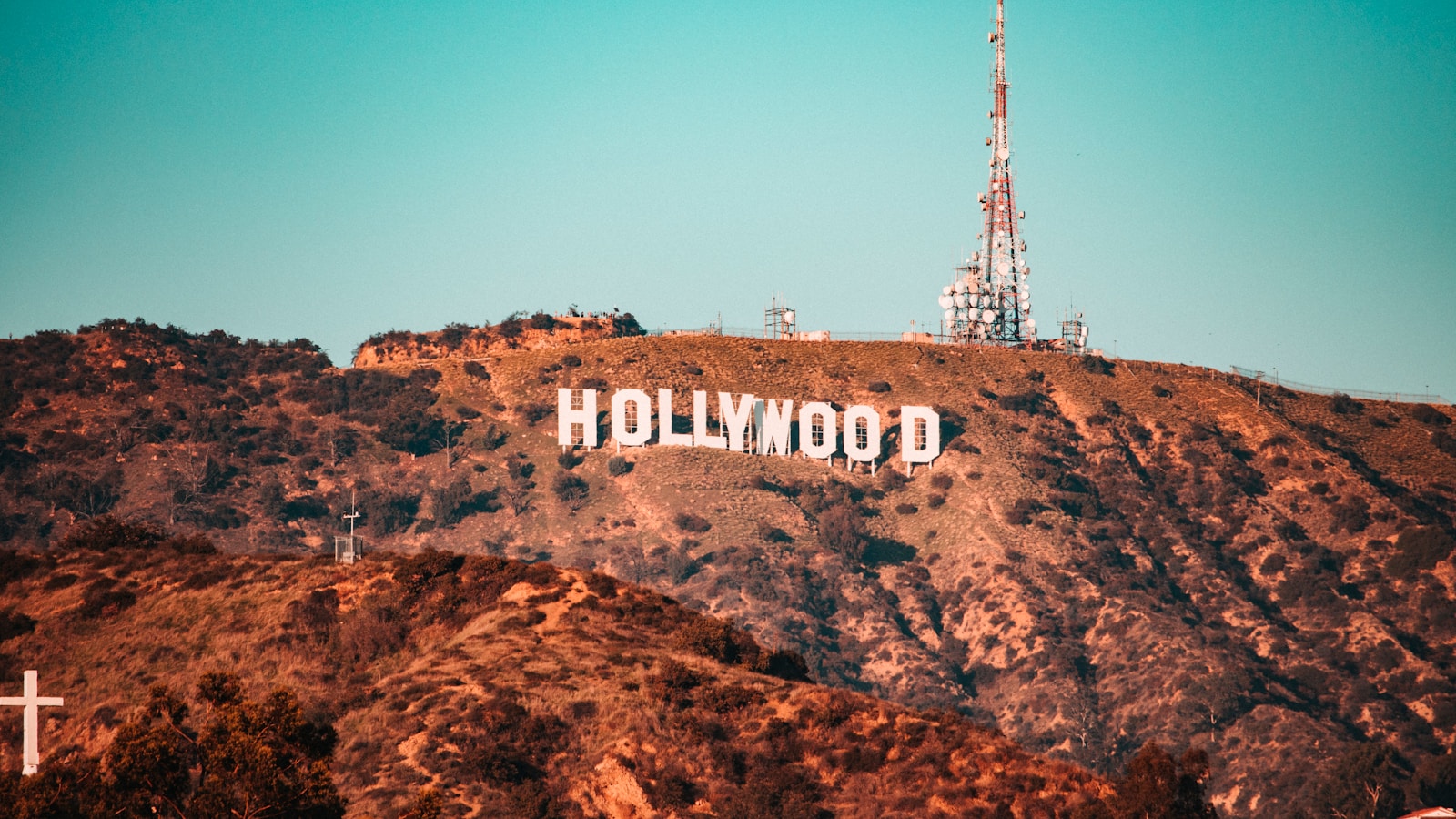
The Grand Tapestry of British Social Class through Film
When we think of British cinema, the first images that might come to mind are rolling green hills, bustling city streets, or perhaps a cozy pub scene. But behind the beautiful visuals and compelling narratives lies a deeper exploration of the social classes that shape the characters, plots, and settings. The portrayal of social class in British film is not just a backdrop but often a central theme that drives the story forward. From the gritty realism of working-class life to the polished elegance of the upper crust, British filmmakers have delved into the complexities of class distinctions, using them to reflect and critique society.
A Historical Context
To appreciate the nuances of social class in movies, it’s essential to understand the historical context. The British class system has roots in feudal times and has evolved significantly over the centuries. Even today, it plays a pivotal role in the national identity. The upper class, often depicted through aristocratic characters, contrasts sharply with the working class, who are frequently portrayed in films centered around struggles and aspirations.
Directors and writers have utilized this class structure not merely to entertain but to provoke thought regarding social mobility, privilege, and the often invisible barriers that separate one class from another.
The Working-Class Hero
One of the most iconic representations of working-class life is found in films that highlight the struggles and triumphs of individuals from humble beginnings. Think of “Billy Elliot,” where a young boy’s passion for ballet serves as a beacon of hope amidst economic hardship. Billy’s journey reflects the common narrative of the underdog rising against the odds, a trope that resonates deeply with audiences.
In “The Full Monty,” a group of unemployed steelworkers turn to stripping as an unconventional means to reclaim their dignity and financial stability. This film not only showcases the harsh realities of post-industrial Britain but also celebrates camaraderie and resilience in the face of adversity. Through humor and heart, these films illuminate the challenges of working-class life while also showcasing the characters’ rich inner lives and aspirations.
The Aristocratic Ideal
In contrast, films that portray the upper classes often engage with themes of privilege, entitlement, and the sometimes hollow nature of wealth. “The King’s Speech” provides a compelling glimpse into the life of King George VI, exploring the societal expectations placed upon him. While the film is rooted in a historical narrative, it simultaneously critiques the pressure and isolation that accompany life in the upper echelons of society.
Another great example is “Downton Abbey,” which has captivated audiences with its lush visuals and intricate storytelling. It invites viewers into an aristocratic household, showcasing not just the glitz and glamour, but also the struggles of maintaining status in a rapidly changing world. The interactions between the aristocracy and their servants reveal the complexities of class relationships, highlighting both the privilege and the burdens that come with wealth.
Class Transitions and the Middle Ground
The middle class occupies a unique space in British cinema. Films like “Pride” illustrate the intersections of class, as a group of gay activists forge an unlikely alliance with striking miners in the 1980s. This film emphasizes how shared struggles can transcend class distinctions and unite individuals for a common cause.
Moreover, the rise of the British middle class is often depicted through characters who navigate their aspirations while grappling with their roots. In “The History Boys,” a group of students prepares for their university entrance exams, each with varying backgrounds and motivations. Their interactions reveal the tensions between ambition and identity, ultimately showcasing how class influences educational and professional opportunities.
Satire and Social Commentary
British cinema has long been known for its sharp wit and satire, particularly when addressing issues of class. “Bridget Jones’s Diary” humorously explores the insecurities of a single woman in her 30s, navigating the expectations of love and success while also grappling with her social standing. This film cleverly critiques societal norms and the pressures of conforming to a specific class ideal, all wrapped in a charming romantic comedy.
Similarly, “Four Weddings and a Funeral” blends humor with poignant commentary on relationships and social expectations. The characters’ varying class backgrounds create a rich tapestry that highlights both the absurdity and the beauty of love across social divides.
Modern Perspectives
In recent years, films like “The Favourite” have taken more avant-garde approaches to class representation. Set in the 18th century, it explores the relationships between Queen Anne and her courtiers, examining power dynamics, manipulation, and desire. The film’s unconventional storytelling and rich visuals draw attention to the absurdities of aristocratic life, leaving viewers with a fresh perspective on age-old class issues.
Additionally, “Rocketman,” the biopic of Elton John, portrays a unique journey from a working-class background to global superstardom. It illustrates not just the glamour but also the struggles that come with fame, identity, and class. This blend of music and personal narrative invites audiences to reflect on how class influences individual trajectories while simultaneously challenging stereotypes.
The Global Context
As British films continue to evolve, they are also influenced by global perspectives on class. The rise of international cinema has introduced diverse narratives that shed light on British social class from different angles. Films like “Slumdog Millionaire” provide insight into class disparities that resonate with audiences worldwide, prompting reflection on the shared human experience of struggle, ambition, and hope.
The intersection of class with race, gender, and sexuality further enriches the conversation. Films such as “Moonlight” and “Rocks” highlight how these factors interplay with class systems, offering a more nuanced perspective on identity and belonging.
Conclusion: The Cinematic Mirror
The exploration of British social class in film serves as a mirror reflecting the complexities of society. Through humor, drama, and poignant storytelling, filmmakers invite audiences to engage with the intricacies of class dynamics and their impact on personal lives.
As viewers, we are drawn into these narratives that resonate with our own experiences, prompting us to question our beliefs about class, privilege, and identity. British cinema, with its rich tapestry of characters and stories, continues to challenge and inspire us, ensuring that social class remains a vital topic for exploration in both film and life. In the end, whether we find ourselves in the kitchen sink or in the halls of power, the stories told on screen echo the myriad experiences that shape our collective identity.


